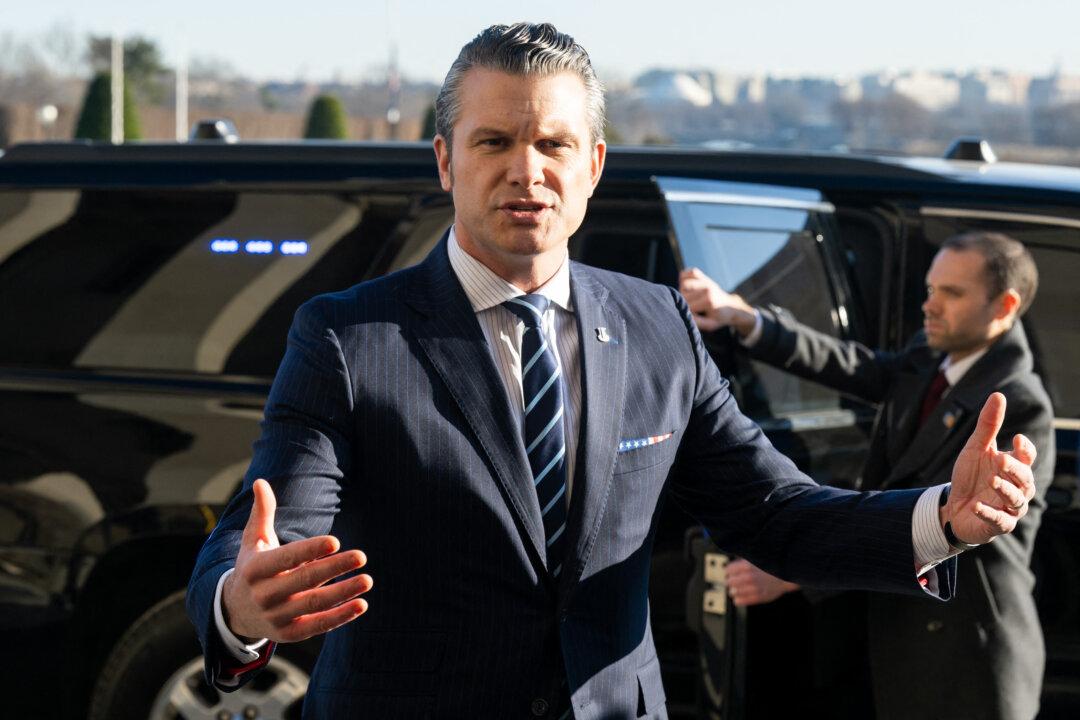A U.S. military official on Tuesday said Russia and the Chinese regime “may be collaborating” south of the U.S.-Mexico border—namely, Venezuela.
U.S. Southern Command chief Navy Admiral Craig Faller said China and transnational criminal organizations are “the two biggest threats” that U.S. forces in the SOUTHCOM, or United States Southern Command, area face.
“China is the greatest long-term strategic threat to the security in the 21st century, the Chinese Communist Party’s insidious, and corrosive and corrupt influences at work globally and in this region,” Faller said in a news conference.
Faller listed actions the Chinese regime has taken in the SOUTHCOM area of command in recent months.
The regime is “engaged in this hemisphere to further their interests in economic dominance,” the official said, referring to the Western Hemisphere that includes North and South America.
“We see and are looking with our fellow combatant commanders at areas where China and Russia may be collaborating,” Faller noted. “That is a particular focus of ours and is a concern where and when we see it.”
Russia and China, he said, are apparently converging their interests in Venezuela, as the two countries attempt to court the support of socialist strongman Nicolas Maduro. China and Russia don’t have a formal alliance but have increasingly developed a strategic partnership based on economic and military cooperation.
“Venezuela is the most notable example, where, at the diplomatic level, they were certainly and continue to be engaged to block any effort at U.N. solutions or global solutions,” Faller said.
This week, Faller told members of the Senate Armed Services Committee that more funding is needed for SOUTHCOM to develop greater intelligence, surveillance, and reconnaissance capabilities.
U.S. influence in the region, he added, is “eroding” due to China’s influence.
“What I hear from our partner is: ‘We know that the United States military is the best, [and] we want to partner with you. But, we’re drowning, and we need a LifeRing, and we’re going to take the LifeRing from whoever throws it,’” including the Chinese, Faller remarked.





